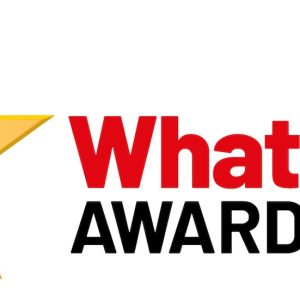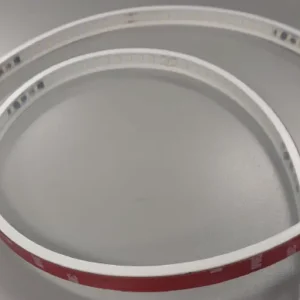First Hydrogen has begun a one-month trial of its hydrogen van with Wales and West Utilities (WWU).
The trial, involving a MAN eTGE-based vehicle, is taking place during the busy winter period for emergency gas call-outs, and First Hydrogen also says it could generate data on advantages for hydrogen vans versus battery EVs in cold temperatures.
The trial began with training in operating the vehicle for WWU’s drivers, which included the hydrogen refuelling process, with green hydrogen supplied by Protium Green Solutions and delivered by Hyppo Hydrogen Solutions’ refuelling unit. Both these organisations have helped to develop a hydrogen ecosystem to support the trial.
First Hydrogen executive director for automotive Steve Gill said: “It is great to see WWU’s enthusiasm to start trials and we are eager for them to test the vehicle within routine fleet operations.
“Our FCEV has clear benefits for utility businesses, such as WWU, and we’re keen to generate performance data during the trial that will further demonstrate how our vehicles can help decarbonise similar fleets while meeting everyday operational demands.
“This trial also pilots a hydrogen-as-a-service model to show operators how practically we can support their transition to FCEV fleets. With the support of Protium and Hyppo Hydrogen Solutions, we are building a green hydrogen fuel ecosystem for WWU, who are based in an area without access to fixed refuelling infrastructure.”
WWU transport manager Stephen Offley said: “We are delighted to begin testing First Hydrogen’s vehicle in a front-line role and to experience the benefits of a hydrogen-powered vehicle within our fleet.
“The current light commercial electric vehicle market does not offer a full solution for the operational needs of WWU and similar businesses.
“Current battery electric vehicles do not provide the range, fast recharging time, payload capacity and towing ability we require. They are also unsuitable for the installation of ‘on board power’ to power pneumatic equipment and high-current electric tools on site, which is critical for the operation of our network. Lack of suitable recharging infrastructure also poses a challenge.
‘We see hydrogen-powered vehicles, such as First Hydrogen’s FCEV, as the potential zero emission solution that will meet our fleet’s future needs.”





